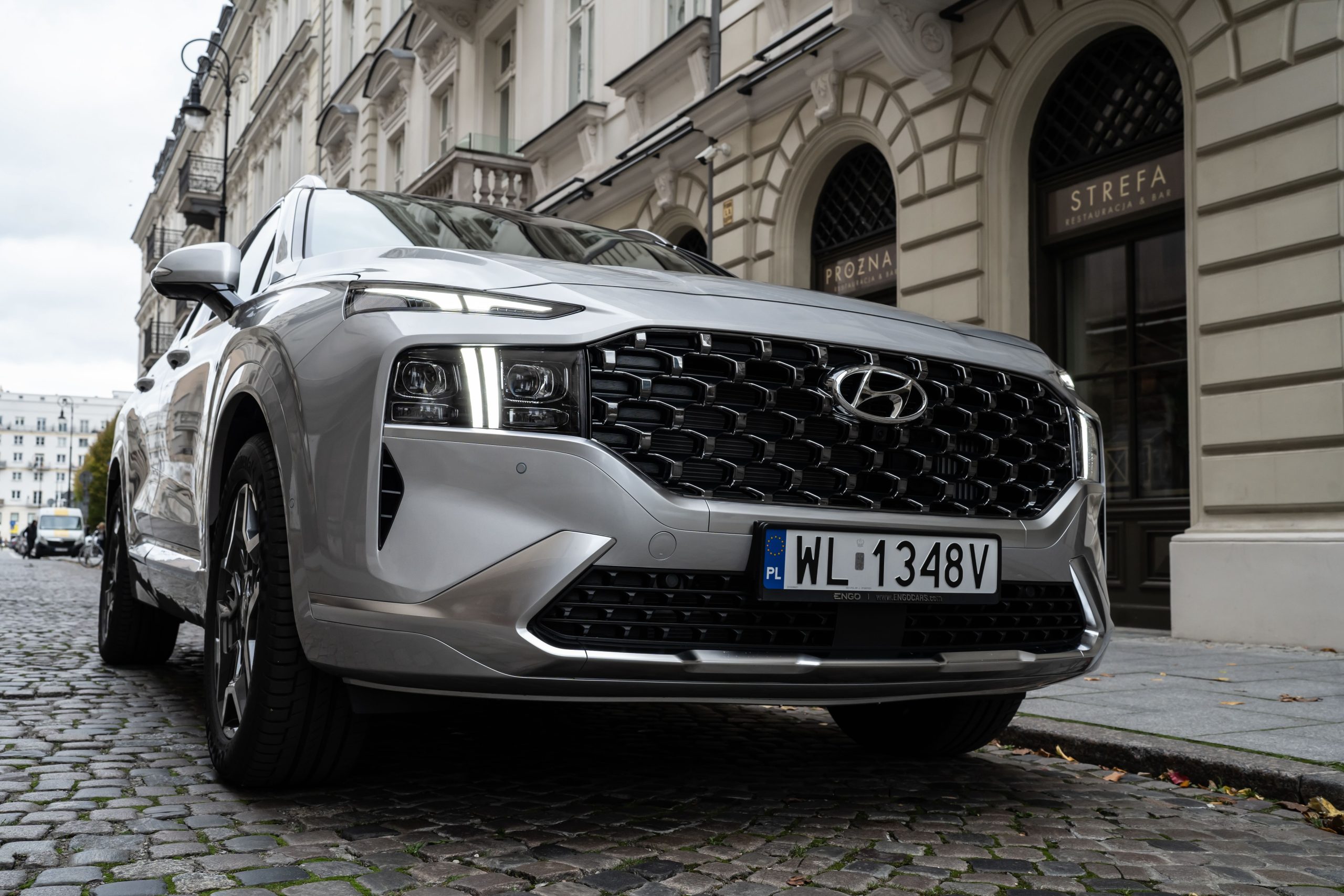Electromobility in Polish Corporate Fleets
The impact of electromobility on the automotive market in Poland cannot be underestimated. It provides us with the opportunity to accelerate the energy transition and achieve sustainable development goals. Simultaneously, it creates opportunities for new businesses, technological innovations, and employment growth.

January 1, 2035, is a crucial date that the conventional automotive industry should focus on. The European Commission has adopted this date as the end of the possibility to register and produce cars with internal combustion engines across the entire European Union. Legal regulations, environmental requirements, and increasing societal awareness regarding emissions are forcing manufacturers to modernize and expand their offerings of electric-powered models.
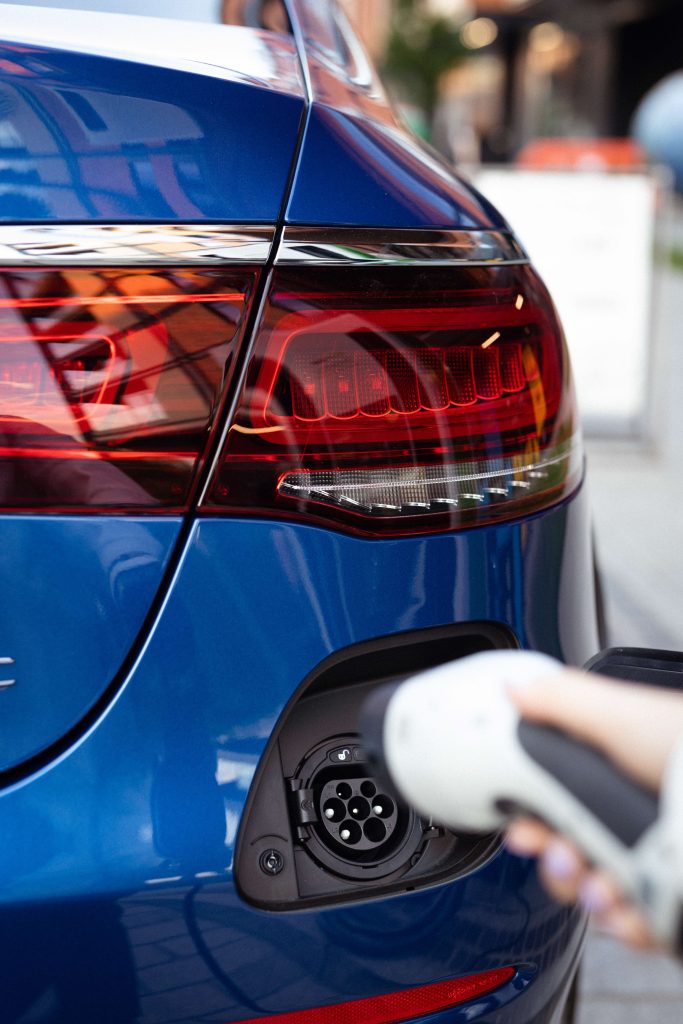
The development of electromobility is indeed a true revolution in the automotive industry, which currently accounts for 8% of Poland’s GDP. In the coming years, manufacturers of traditional vehicles and related components will gradually lose significance as the shift towards electric mobility gains momentum.
The main reason for limiting vehicles with traditional propulsion systems is the ongoing environmental degradation and the need to strengthen the country’s energy independence. The transformation of this industry poses significant challenges that, in the absence of appropriate remedial measures, could lead to a substantial reduction in production, factory closures, mass layoffs of workers, and negative consequences for the entire national economy.
Rozwijający się rynek elektromobilności tworzy wiele nowych możliwości dla państw, przedsiębiorstw i instytucji. Te, które zawczasu podejmą odpowiednie działania, umocnią swoją pozycję w tym obszarze.
Both Polish and foreign entrepreneurs in the automotive industry will have to face many new challenges associated with the development of electromobility.
Today, these challenges include rising commodity prices and their limited availability. In the future, technological challenges will also emerge. One such challenge could be a complete change in the business profile. Products currently manufactured will not be applicable in electric-powered vehicles.
Poland is in the initial phase of developing electromobility. One of the main barriers is the relatively high prices of electric vehicles compared to their conventional counterparts. Poland also remains one of the few EU countries that have not implemented regulations to counter the import of high-emission vehicles from other countries. The high share of emission-intensive vehicles stimulates demand for both service and components dedicated to conventional vehicles, thereby contributing to delaying the transformation of the automotive industry and limiting the domestic production potential in the field of new mobility.
To reduce the number of registrations of combustion engine vehicles, the public administration in Poland has introduced various initiatives, including the “Mój Elektryk” (My Electrician) program.
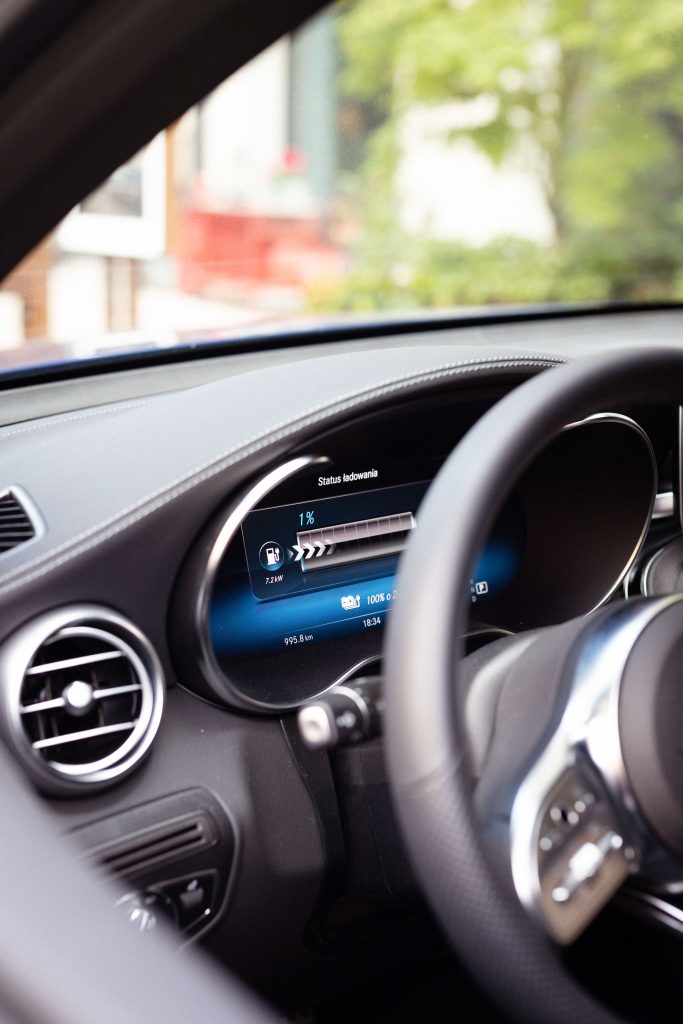
Osoba fizyczna kupująca pojazd elektryczny może liczyć na dotację w wysokości nie więcej niż 18.750,00 PLN, przy czym koszt zakupu pojazdu zeroemisyjnego nie może być wyższy niż 225.000,00 PLN. Pozostałe programy mające na celu przybliżenie do zakupu pojazdu elektrycznego to Green Car, Green Public Transport and Support for Charging Infrastructure for Electric Vehicles.
Additional benefits for individuals choosing to purchase electric vehicles include exemption from excise tax on passenger car purchases, the ability to use bus lanes, access to additional parking spaces, and an increase in depreciation allowances.
The electromobility sector will play an important role in the global economy in the coming years.
According to the analysis by the International Energy Agency (IEA) presented in the Global EV Outlook 2022, the global electric vehicle (EV) fleet is projected to expand to 242.57 million vehicles by the year 2030.
To enable the development of the electric vehicle fleet, it is necessary to expand public charging infrastructure. Easy access to charging services is a crucial factor influencing the convenience of using electric vehicles. This also has a direct impact on the success of the electromobility revolution in transportation. The development of charging infrastructure has two significant aspects: quantity and quality. On the one hand, we need an increasing number of charging points to accommodate the growing electric vehicle population. On the other hand, the stations must have appropriate power capacity, which translates to faster charging speeds.
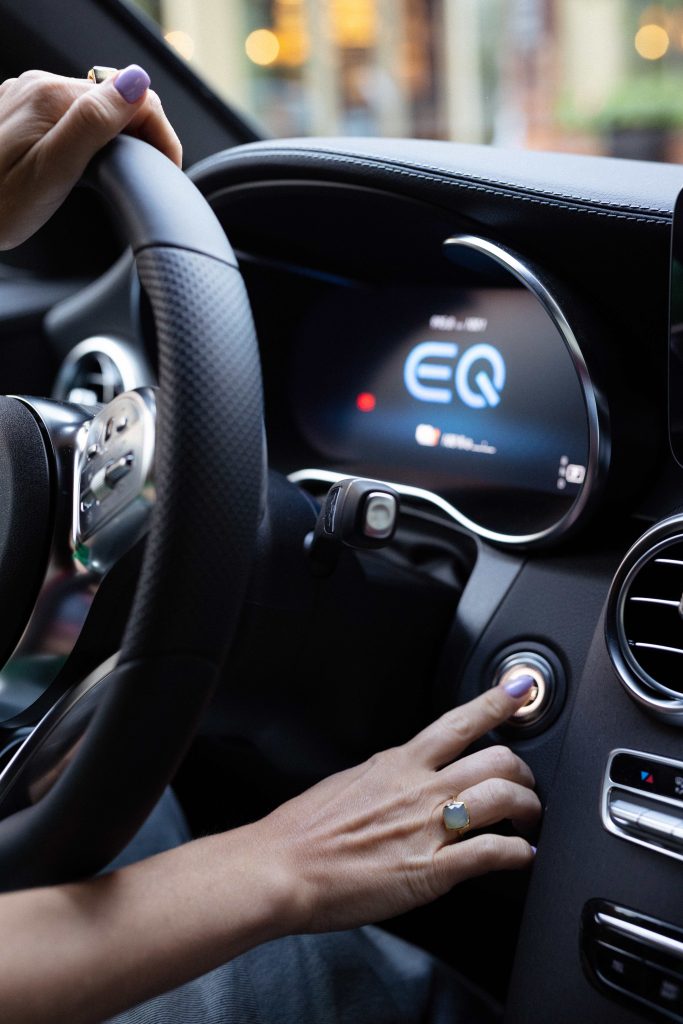
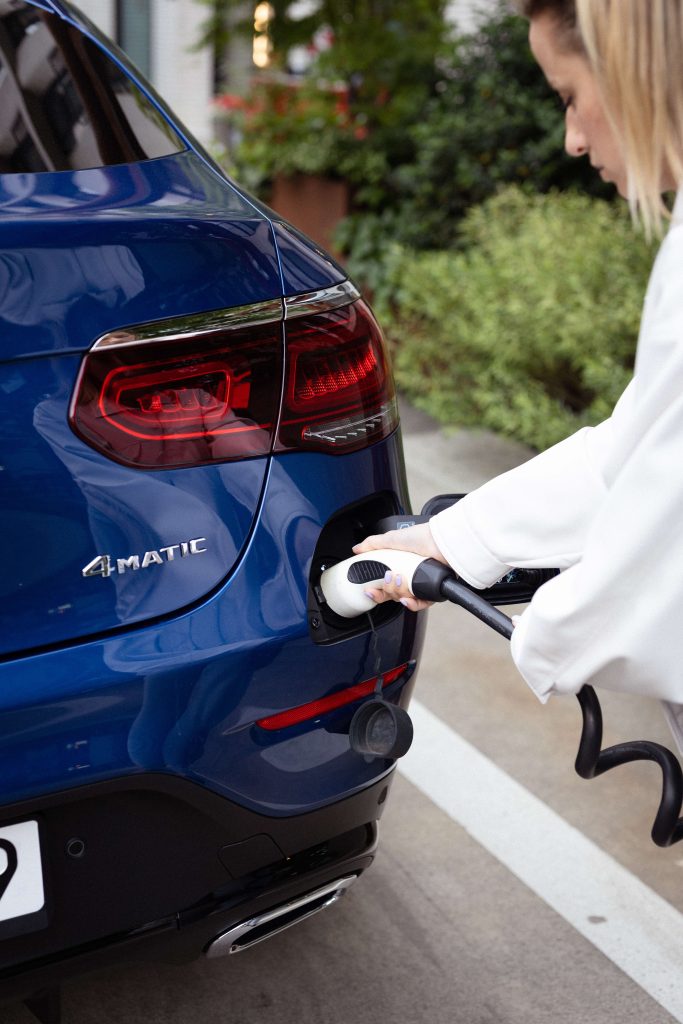
The rapid growth of the electric vehicle fleet is also facilitated by alternative financing options offered by companies in the Corporate Fleet Management (CFM) sector. According to the “Barometr Flotowy 2022” by ARVAL, 54% of surveyed companies in Poland plan to have fully electric cars in their fleets. These are the projections for the next three years. This shows a positive trend towards adopting electric vehicles as a significant portion of the corporate fleet, indicating a growing interest in sustainable and eco-friendly mobility solutions in the business sector.
The purchase of vehicles can be a significant individual expense; therefore, companies are seeking alternative financing methods. One of such models is car subscription in ENGO Cars. Instead of the traditional purchase model, the customer pays a single fixed monthly fee that covers all costs related to the vehicle’s usage.
The development of electromobility is definitely accelerating. This sector will play an important role in the global economy in the coming years.
EU plans assume that from 2035, Member Statesa will effectively stop registering cars with internal combustion engines.

